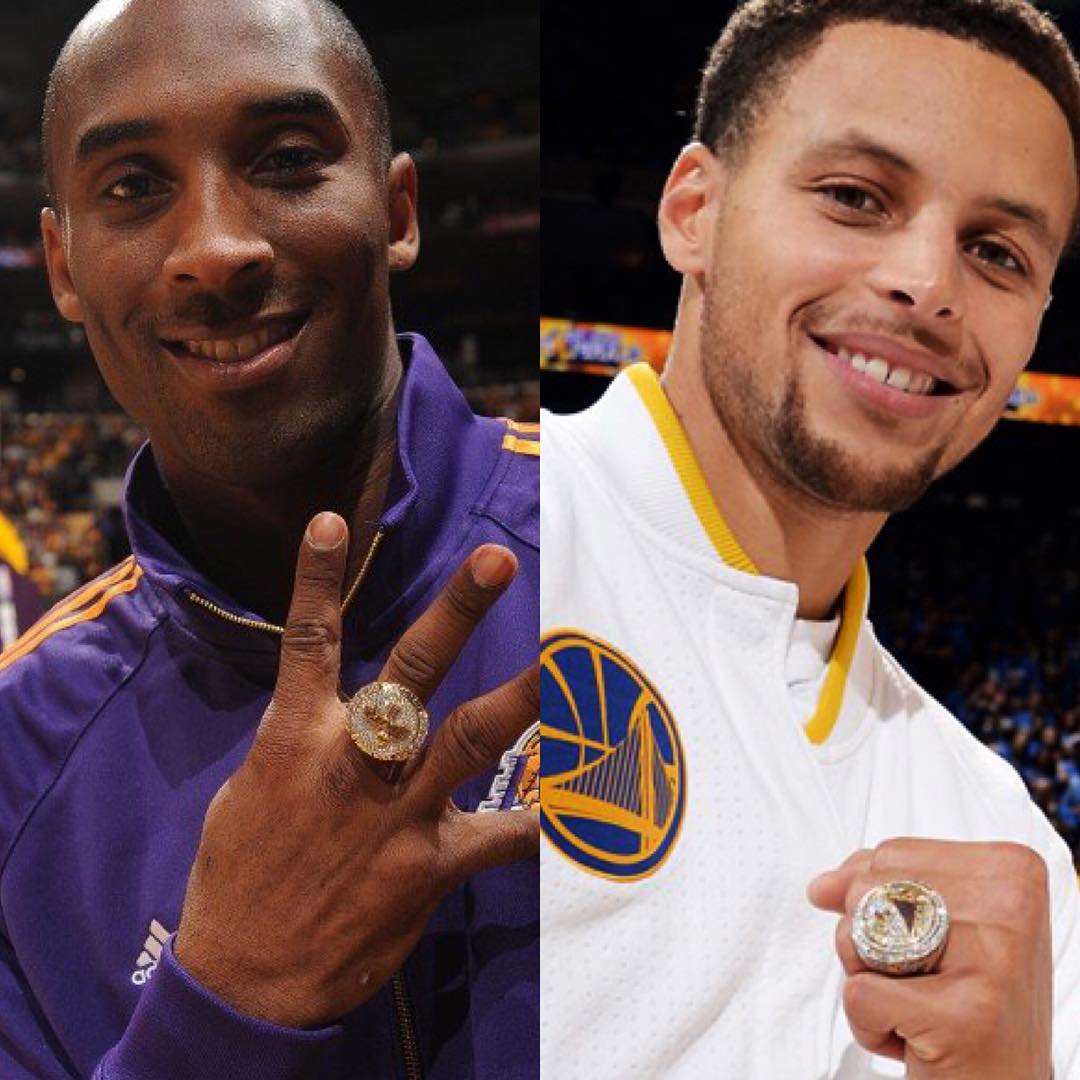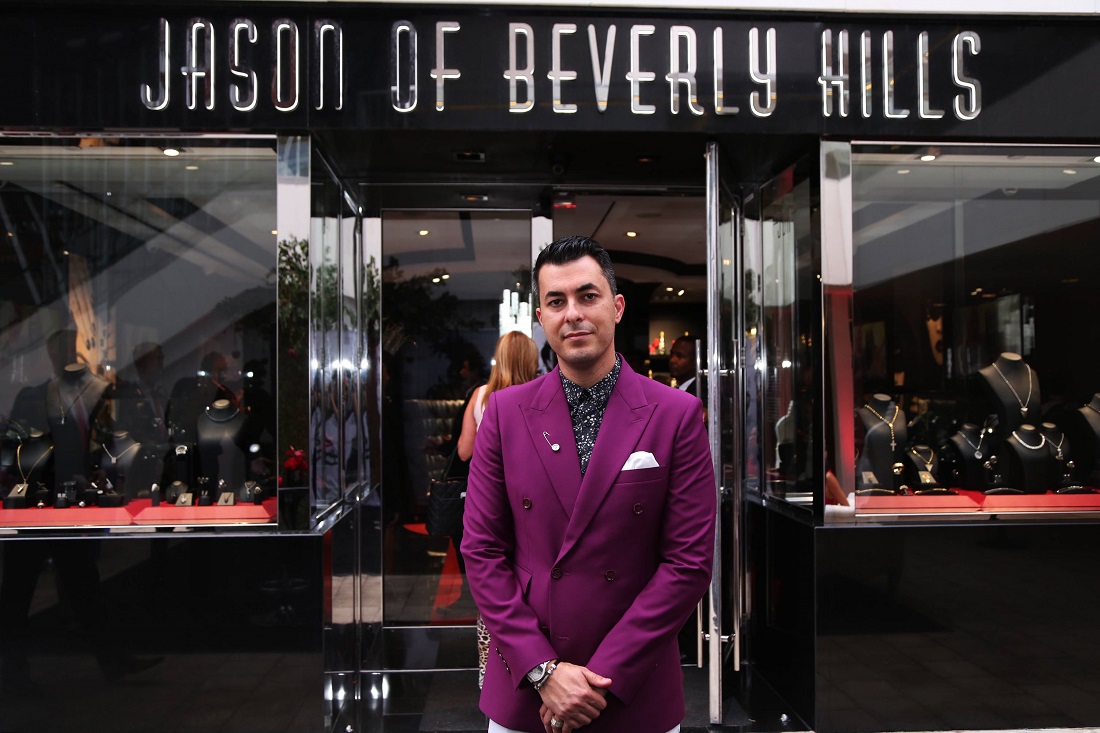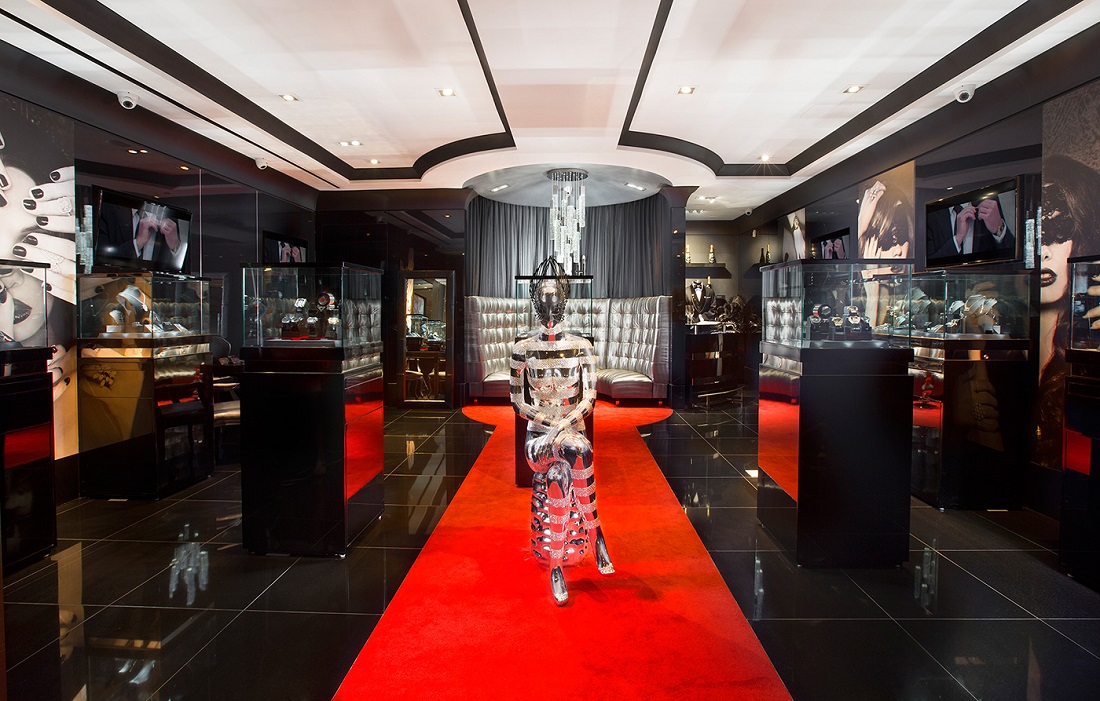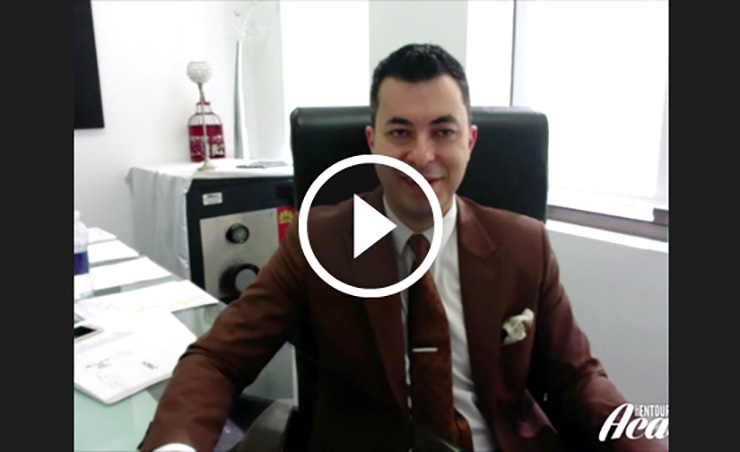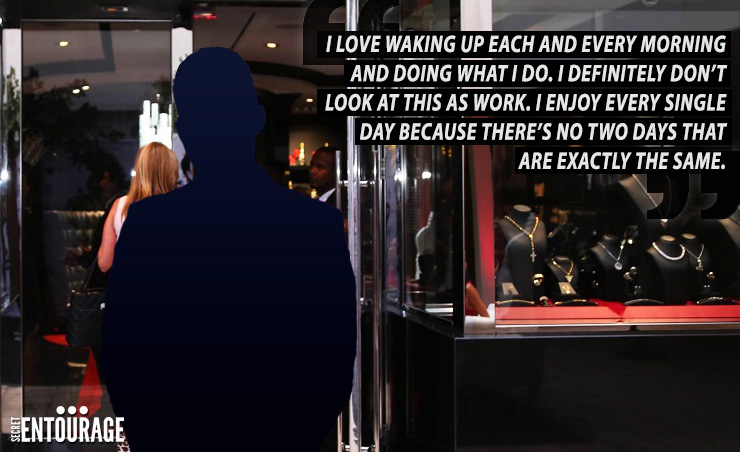
We started this brand about, I would say close to 12 years ago and it really started in just my apartment and now it has grown into having four stores with over 70 employees and just really started as something that was bred within the celebrity industry. We cater to some of the world’s biggest celebrities, athletes, entertainers and wealthy consumers.
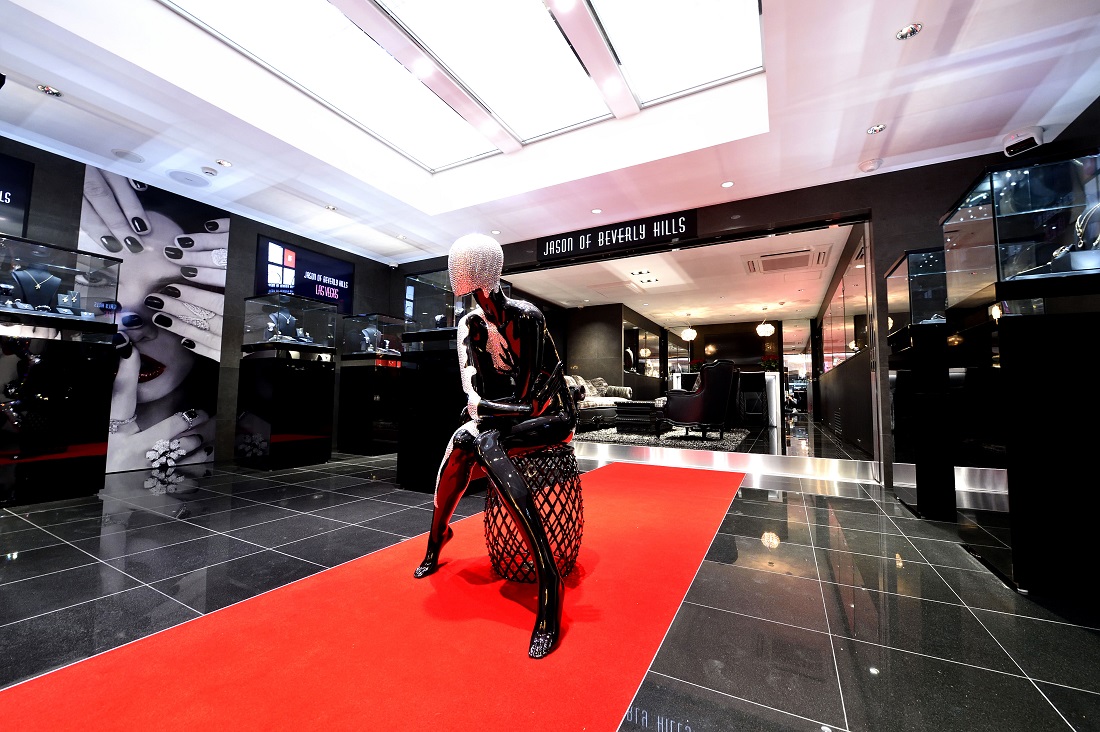
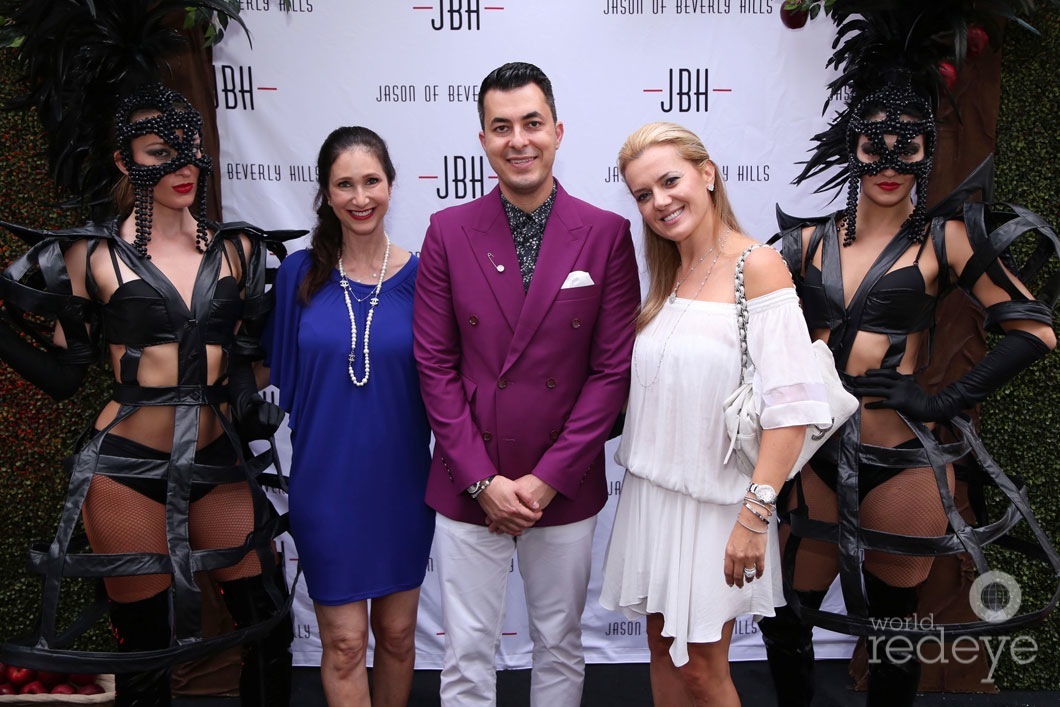
I attended UCLA with the hopes of being an attorney. At that time, I really loved design and talking to people. I loved interacting with different people, so being that I was in debt in my sophomore year, I needed to come up with a plan to be able to make money. I wasn’t the type to work at Baskin-Robbins. I’m an entrepreneur at heart so I really wanted to come up with something that would provide me income basically immediately. I came from a family of entrepreneurs. My father is an entrepreneur. He did his own businesses and stuff like that, so I really was brought up not so much around the corporate structure but more along the lines of family business, entrepreneur, so I saw that growing up and I think it has definitely translated later on into life. It gave me a unique approach to things and not wanting to settle.
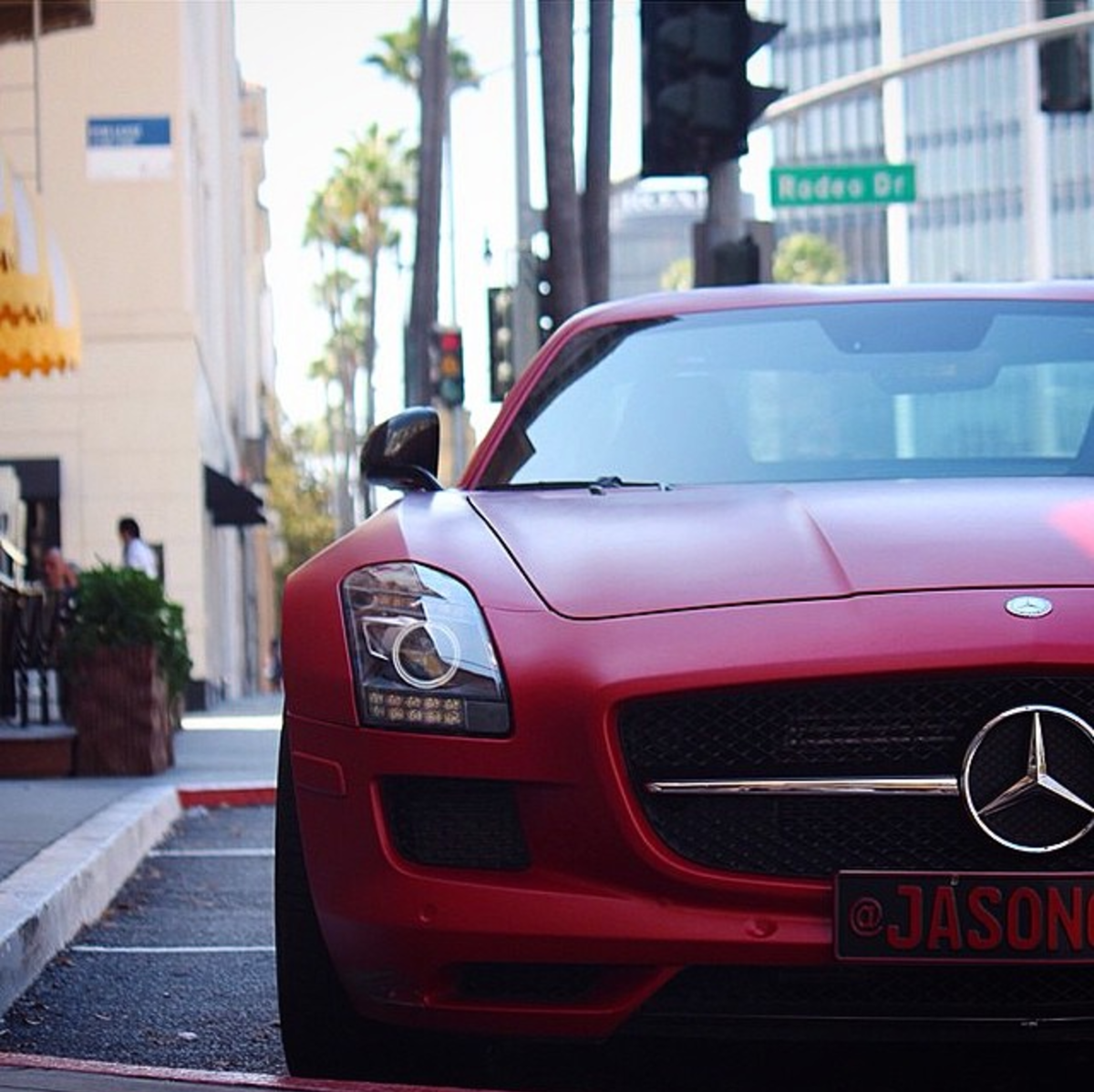
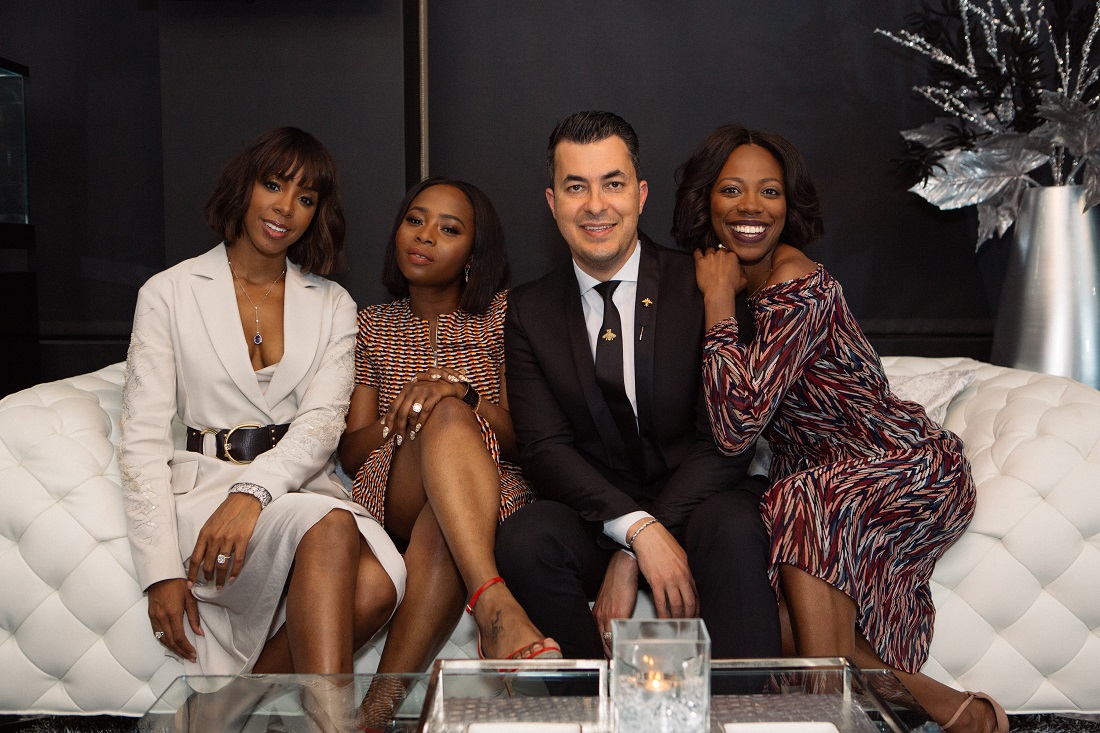
I don’t have any specific reason. I think it was really like a gradual progression from the cheap, the inexpensive and affordable jewelry I was selling on campus knowing that there was a ceiling to how much I could really grow that business. I needed something a bit more scalable. Like I said, being that we’re in Los Angeles, being that I had greater accessibility to some of these high net-worth people, I chose to do the jewelry business to dive into business in general. To be quite honest with you, I love designing and it was just a natural progression from what I was doing in college to what I do now.
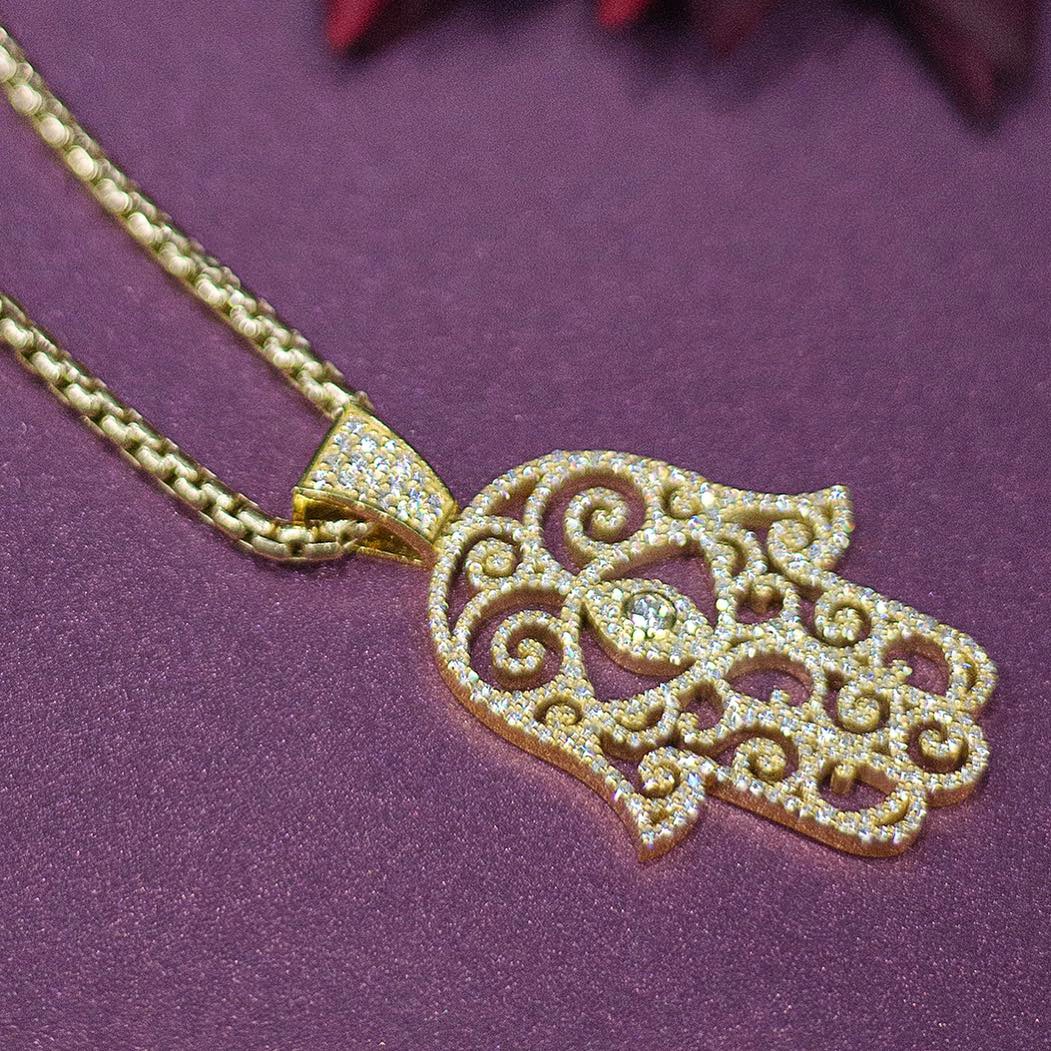
Well really what was I doing is I would hand draw designs and I would show those designs. To be quite honest, I would take clippings from other people’s jewelry catalogues and say, “I can make this. I can make this. I can make this.” I kind of self-taught myself the process and what it takes from start to finish on how to make a piece. In the beginning, essentially everything was outsourced, but as time went on, we started our own manufacturing facility. Now, everything is done inhouse from the design to manufacturing.
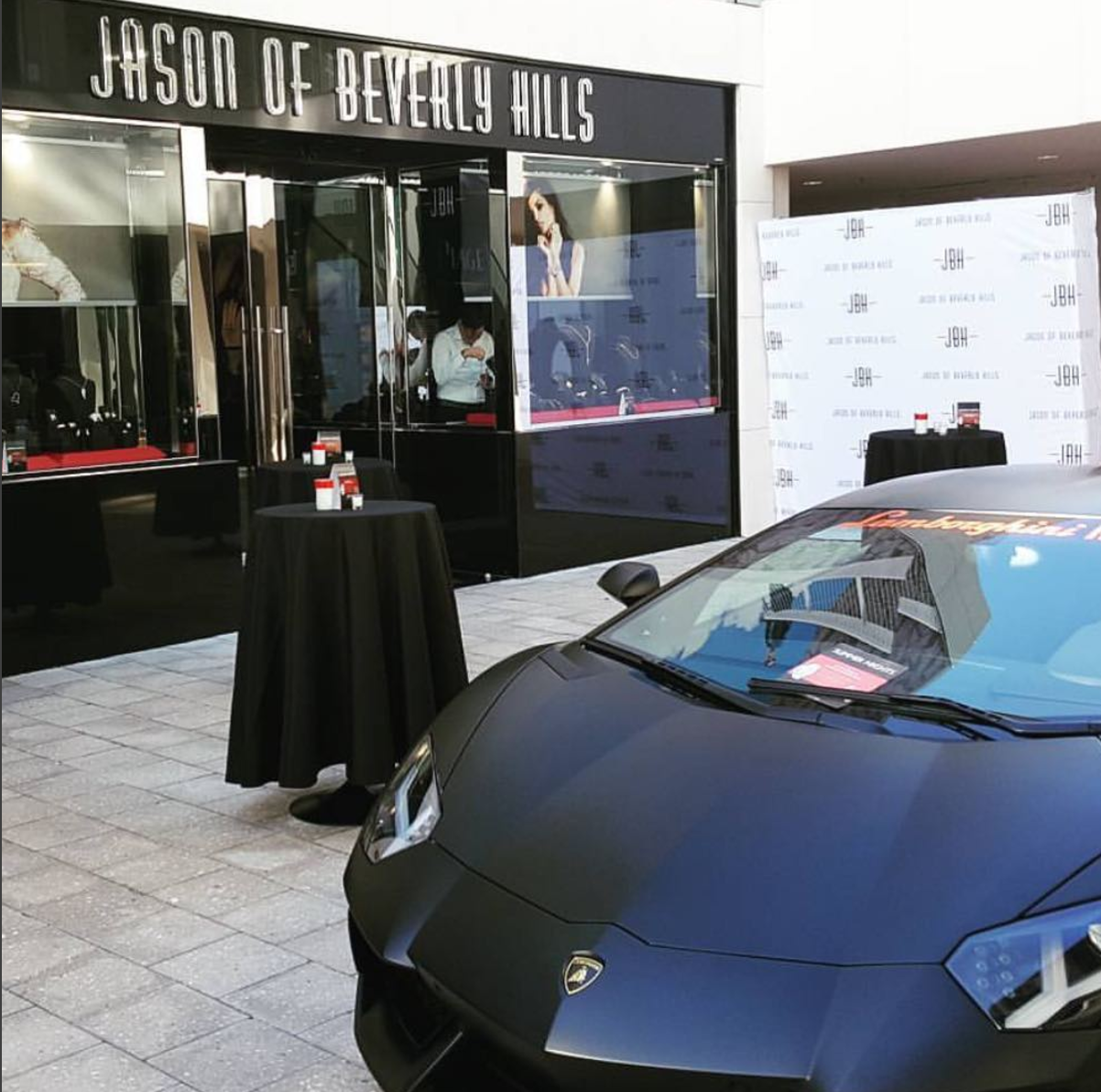
Once I got the client and I sold them on the design that I drew, I had to figure a way how I was going to make this work and how I was going to make it so that I made profit. Essentially what I did is I used the deposit that he gave me, $40,000. He was a former New York Knicks player, Anthony Mason. He was the first client I ever had. I went to the jewelry district in Downtown Los Angeles and met with different jewelers and literally asked them every possible question I could ask them. I outsourced the manufacturing to them, but I want to know how was it made from the beginning to the end. I asked 1,000 questions until I got a better idea of how they did it. Piece by piece, I would eliminate the outsourcing process and I would bring everything in-house. Of course, that happened over a course of 4-5 years but eventually, we became a complete vertical operation.
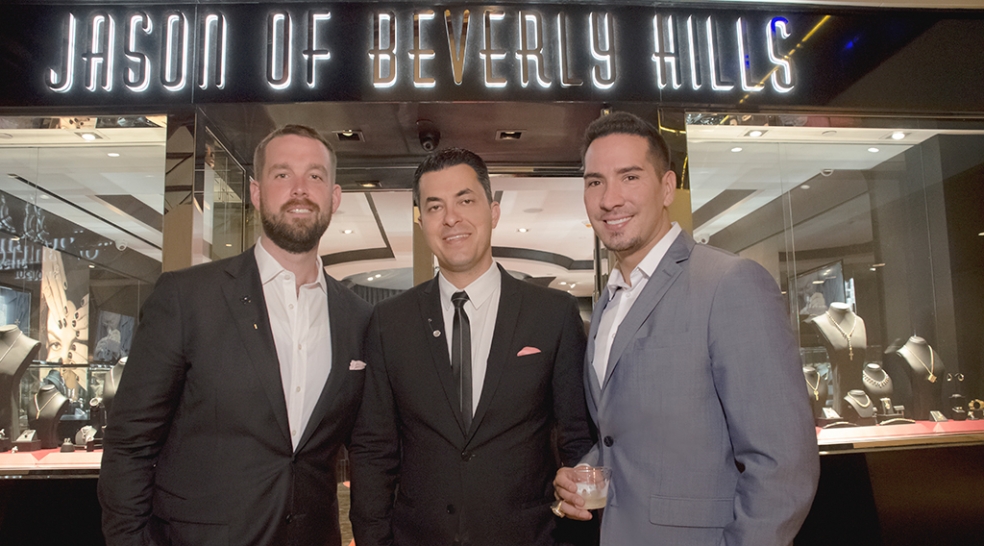
Starting a business, you don’t know where the business is going to take you and as your environment changes, as circumstance changes, your strategy changes. We’re a little bit more structured now where we do have a strategy moving forward. We do look forward to opening more doors and opening more boutiques around the world and just really developing the brand whereas in the past when all you are doing is going from transaction to transaction and not really thinking that far ahead, now we do think further ahead but like I said, the environment dictates the changes ahead. Right now, our path is clear. We want to open doors and kind of really grow the brand.
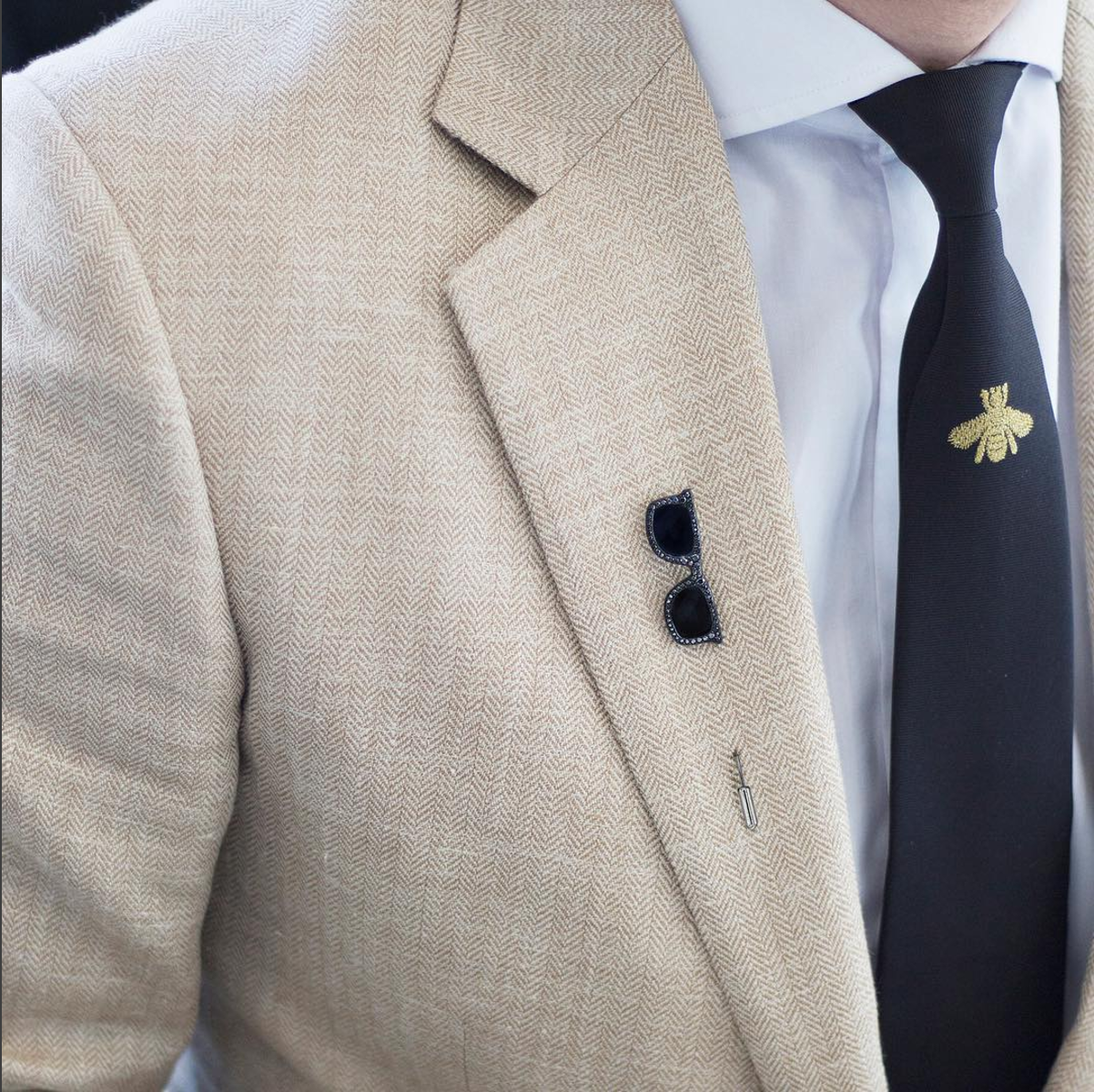
Well, let’s put it this way, I had no strategy. At the end of the day when you’re selling jewelry, you’re not really selling jewelry – you’re selling yourself. I understood from day one that when I’m approaching a client, before they see the jewelry, before they buy into anything, they have to buy into me – they have to buy into Jason. The good service and quality products is what keeps them coming back. I really worked harder at maintaining my clients than I was at going out and getting new ones because I knew that organically through word of mouth, I would eventually get in more clients, which is exactly what happened.
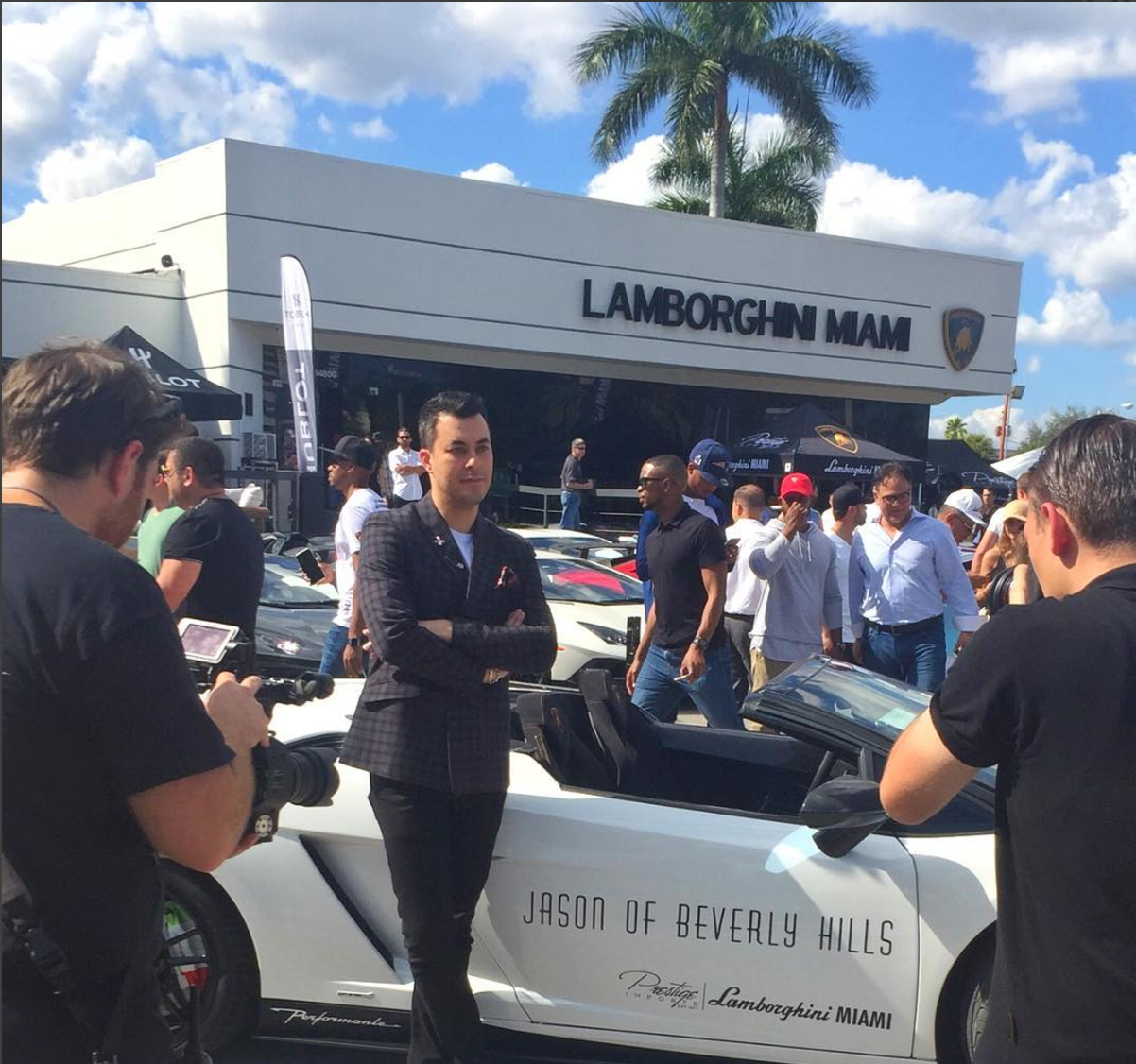
It really is all about relationships. We worked very, very hard to connect the dots and worked those relationships. More importantly, like, people say, “Oh it must be so hard to get to celebrities,” and it is. Once you’re in the circle, it becomes much easier, but I’m also the same person. I never discounted the assistant, the security, the barber. You got to say hi to everybody. You got to be nice to everybody. Shake everyone’s hand and treat everyone with the same amount of respect as if they were celebrity too because it is those people that will put you in the room with the client that you want to be in front of.
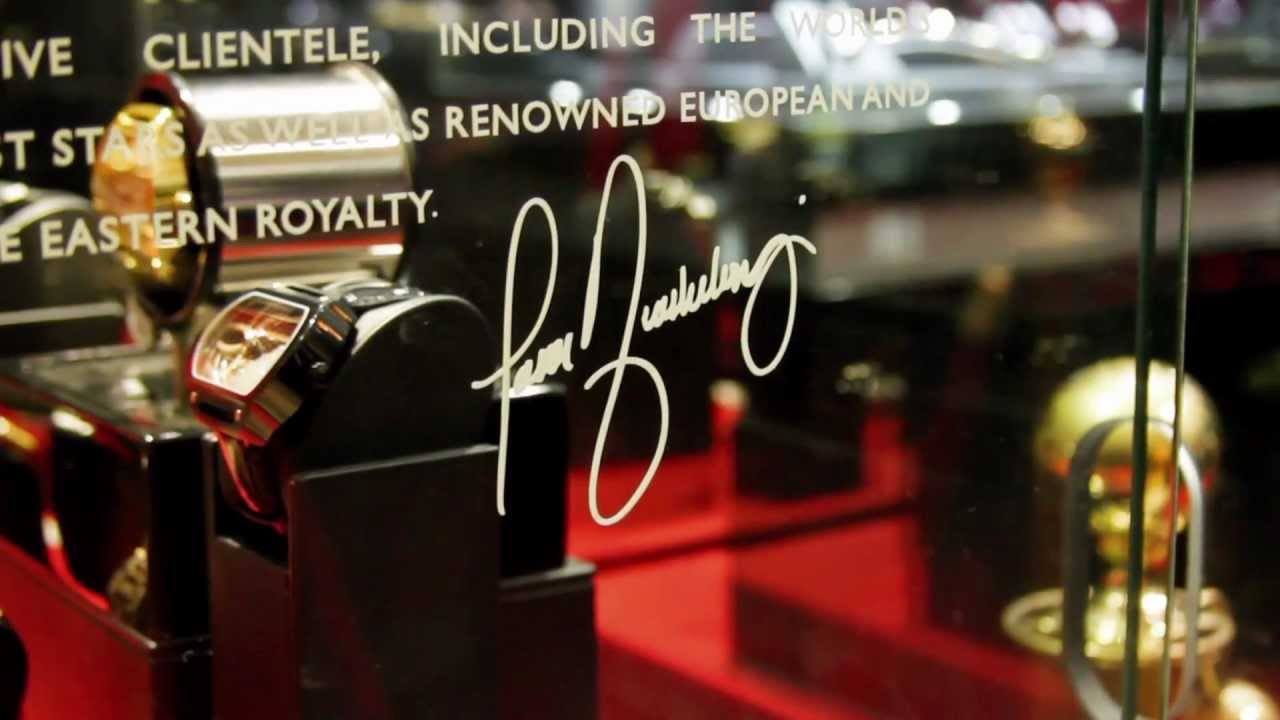
When you’re networking, there has to be a purpose behind it just for the sake of networking, but the most important thing is to understand the value of the person that you’re in front of. It might not be in your core business, it might be something else, but with each person I met, I kind of built a strategy around it whether they were an end consumer, whether they would lead me to an end consumer, whether they put me in the right rooms where possibly I can meet an end consumer, but behind every person that I meet, behind every business card that I receive, I kind of built a strategy and each is unique to itself. No two people are going to be the same, so no two strategies are going to be the same. Every time I go to an event, the next morning I’ll review who I met, what they do, who are they. I’ll have my assistant do research on who they are and at that point, I start to connect the dots. Like I said, even if it’s the bathroom attendant, everybody has value. You just need to figure out how to pull value from them.
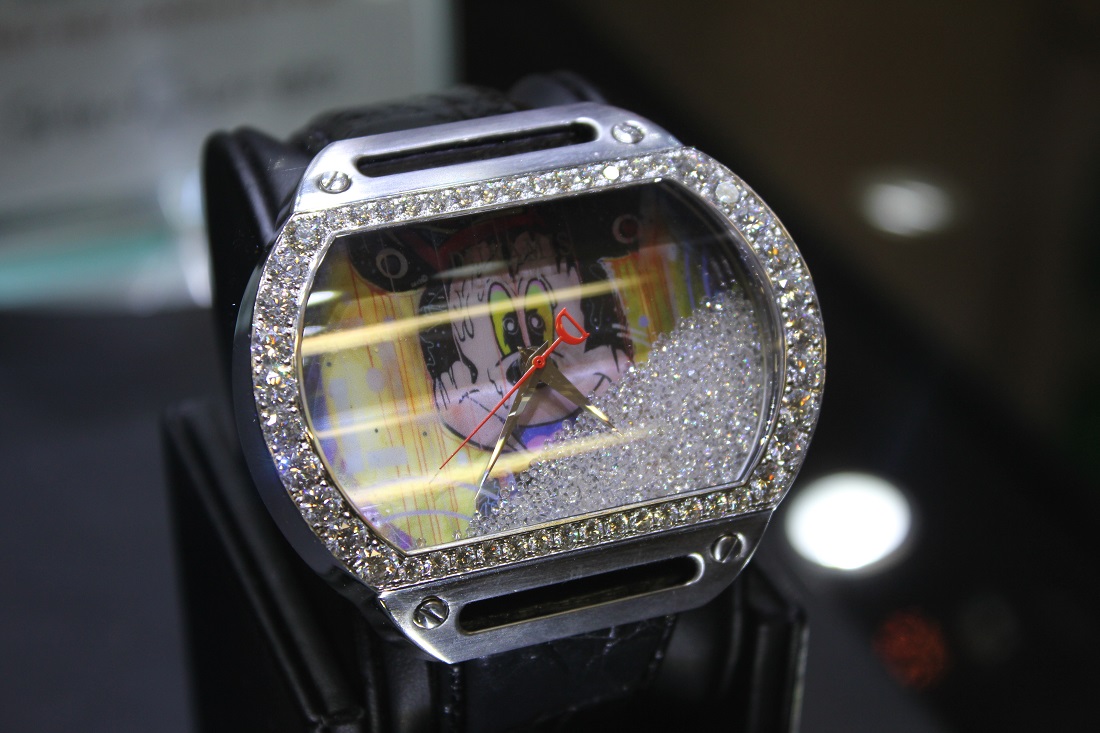


We started with an appointment-only facility and that eventually grew into retail stores. The reason we did that was because there’s only one Jason. I can only sell so much. I only have two hands. There’s only 24 hours in a day, so I can’t possibly be in Vegas and Los Angeles at the same time. We needed to develop a more scalable approach, something that is a little bit more owner absentee and the only way to do that was to open our own retail outlets.
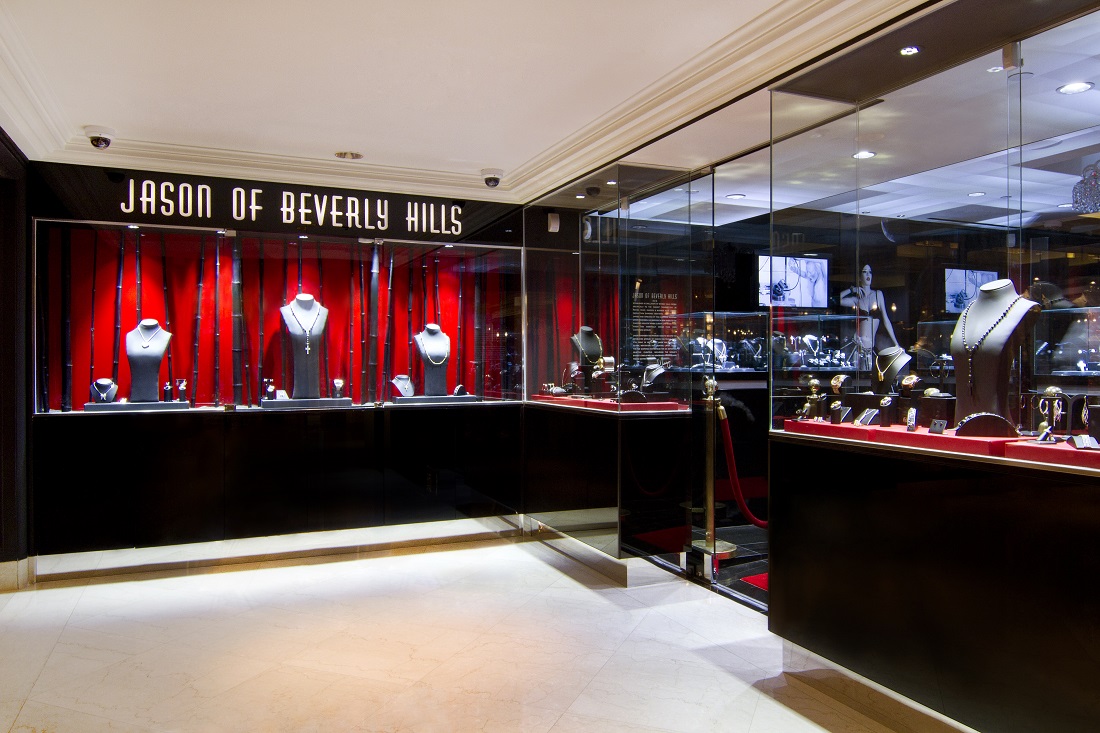
Well, obviously the barrier to entry in this particular industry is very high basically due to the capital investment that’s needed. Jewelry is not shaped. It’s not like t-shirts in a retail store. You’re actually putting diamonds and it is extremely capital intensive. It wasn’t until about five years into the business where we kind of developed a retail strategy. When we did that, like I said, we’re looking for something more scalable. We also were looking for locations that were the best of the best locations you could possibly think of and we’ve been very fortunate. We’re open in the Beverly Wilshire Hotel. We took over the same store that was in the movie Pretty Woman, the jewelry store. We opened up in the Cosmopolitan Hotel in Las Vegas right when it was opening, which is now the hottest hotel in Vegas. We were very fortunate along the way to have key retail locations that kind of really felt benefits immediately.
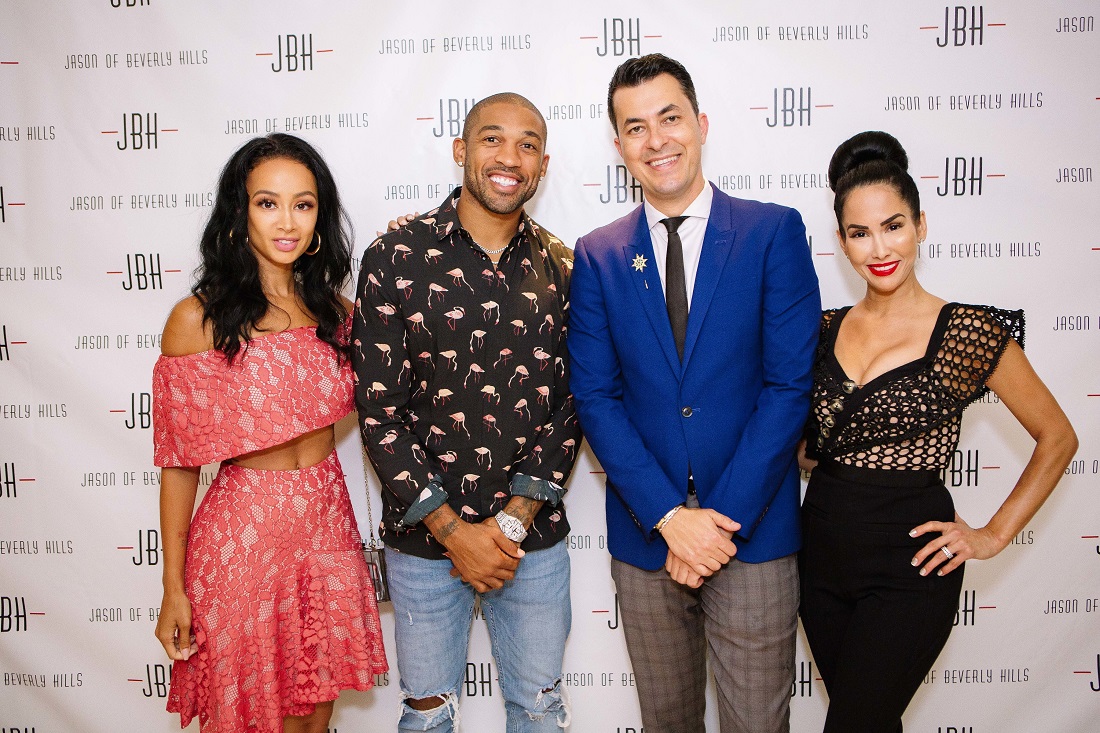
Absolutely and I mean, I’d rather pay for a better location and let our advertising budget suffer because at the end of the day, you want to put your product in the right eyes. What better place than the most high-end locations because let’s face it, I’m selling something that people don’t need. I’m selling something that’s an impulsive thing and it’s an unneeded luxury, so I have to make sure that I give myself the best chance to succeed and the only way to do that is to make sure I have locations that are in front of the right people.
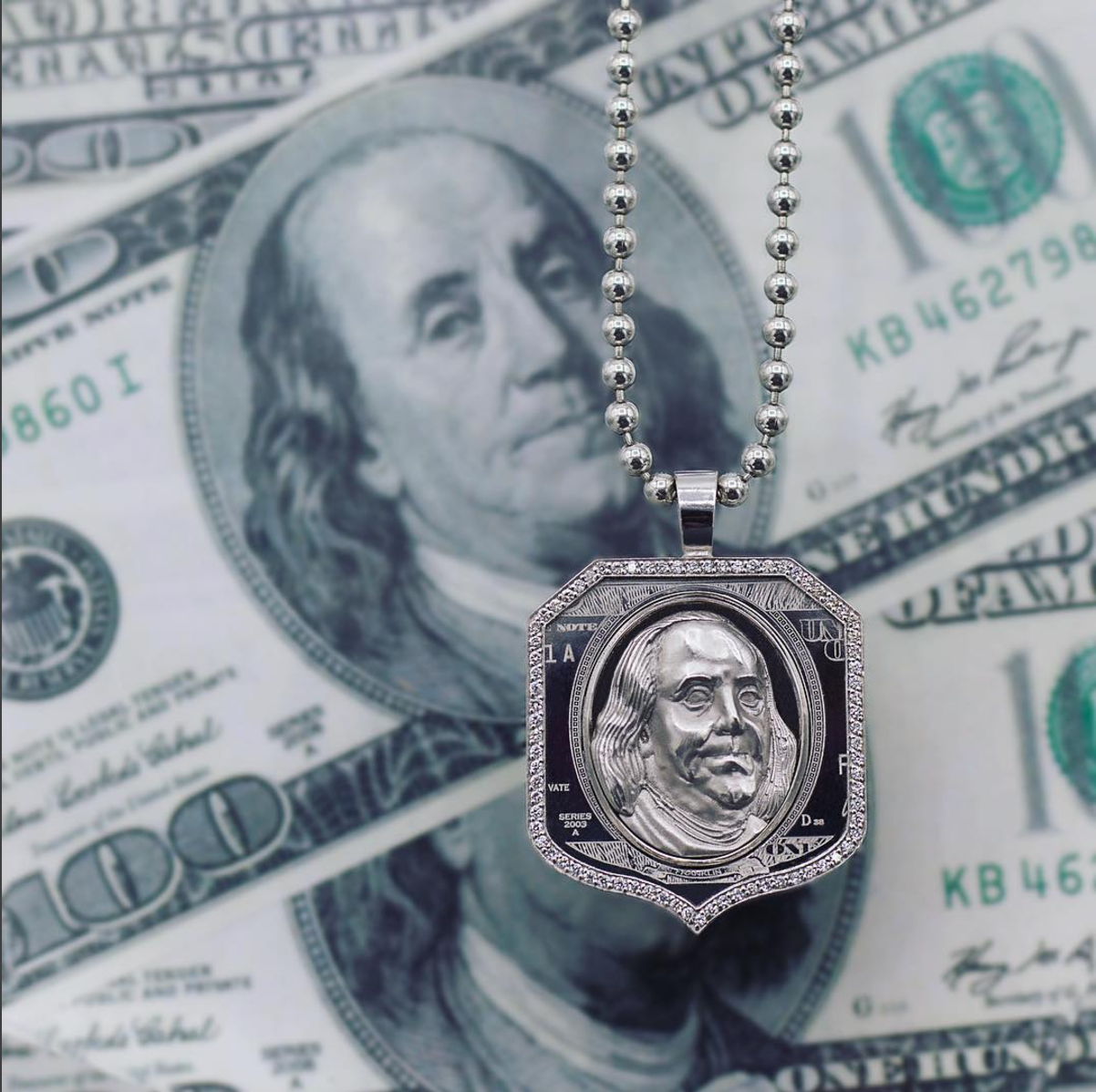
Every jeweler is different, the barrier to entry is extremely high here and almost every jeweler nowadays looks like they are selling the same stuff. What you touched upon was we were opening stores when everyone was closing stores. Six years ago, we were in one of the deepest recessions in US history. Jewelry stores were closing all across the country, in fact, all across the world, yet we were opening stores. Why? Because we sell a product that’s a little bit different. We don’t sell your grandmother’s jewelry. The stuff that you see in our stores is not the stuff you’re going to see in Harry Winston, Chopard, or any other of these other places. We sell off the wall, eccentric pieces, really service a niche market and that’s what gave us the opportunity to succeed, not to mention the fact that unlike most retail outlets, we are completely vertical operation, so really, we have to sell half of what the traditional retailer has to sell in order to turn a profit.
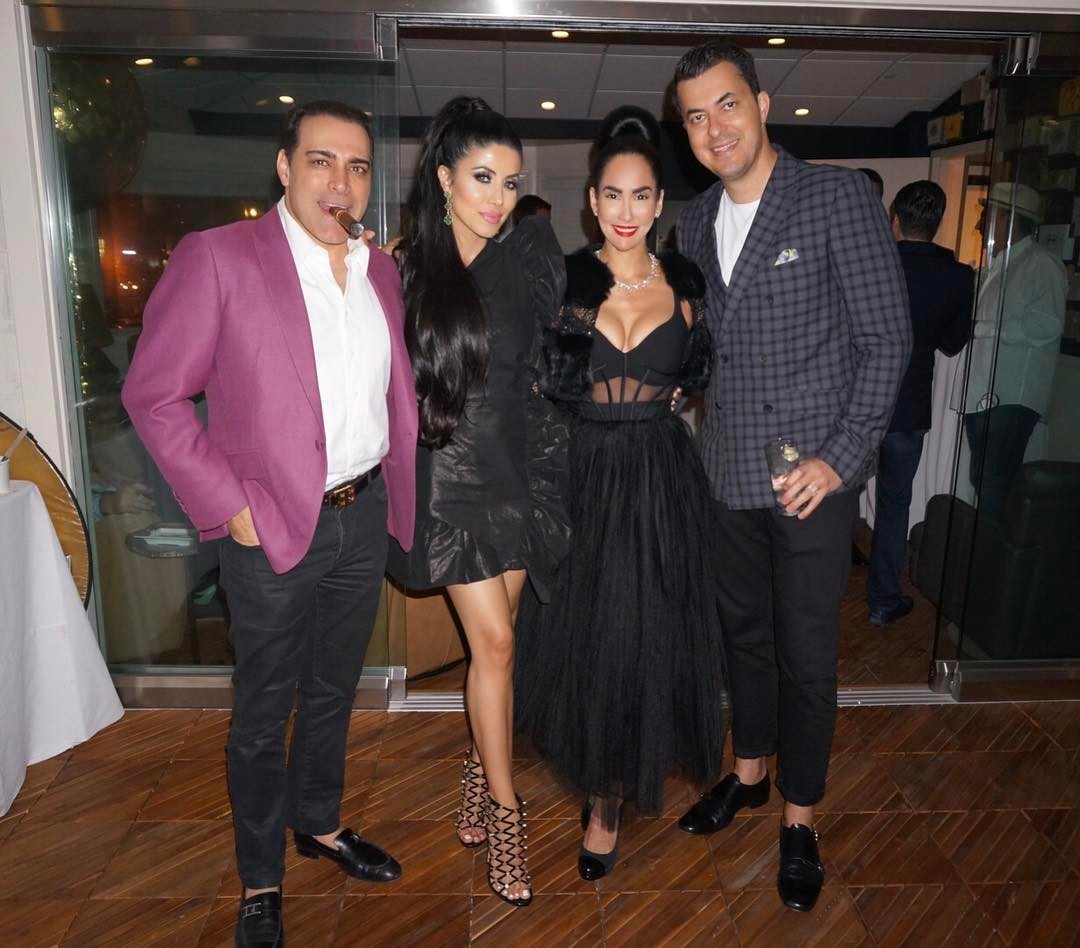
Yes. What makes us famous, obviously, our celebrity backing. We’re constantly on different television shows. We have exposure that most companies and brands have to pay for, but because of our unique relationships and personal relationships with the tastemakers of the world, we get something organically without spending just because we have those relationships whereas other brands have to pay for that. We don’t really have an advertising budget.
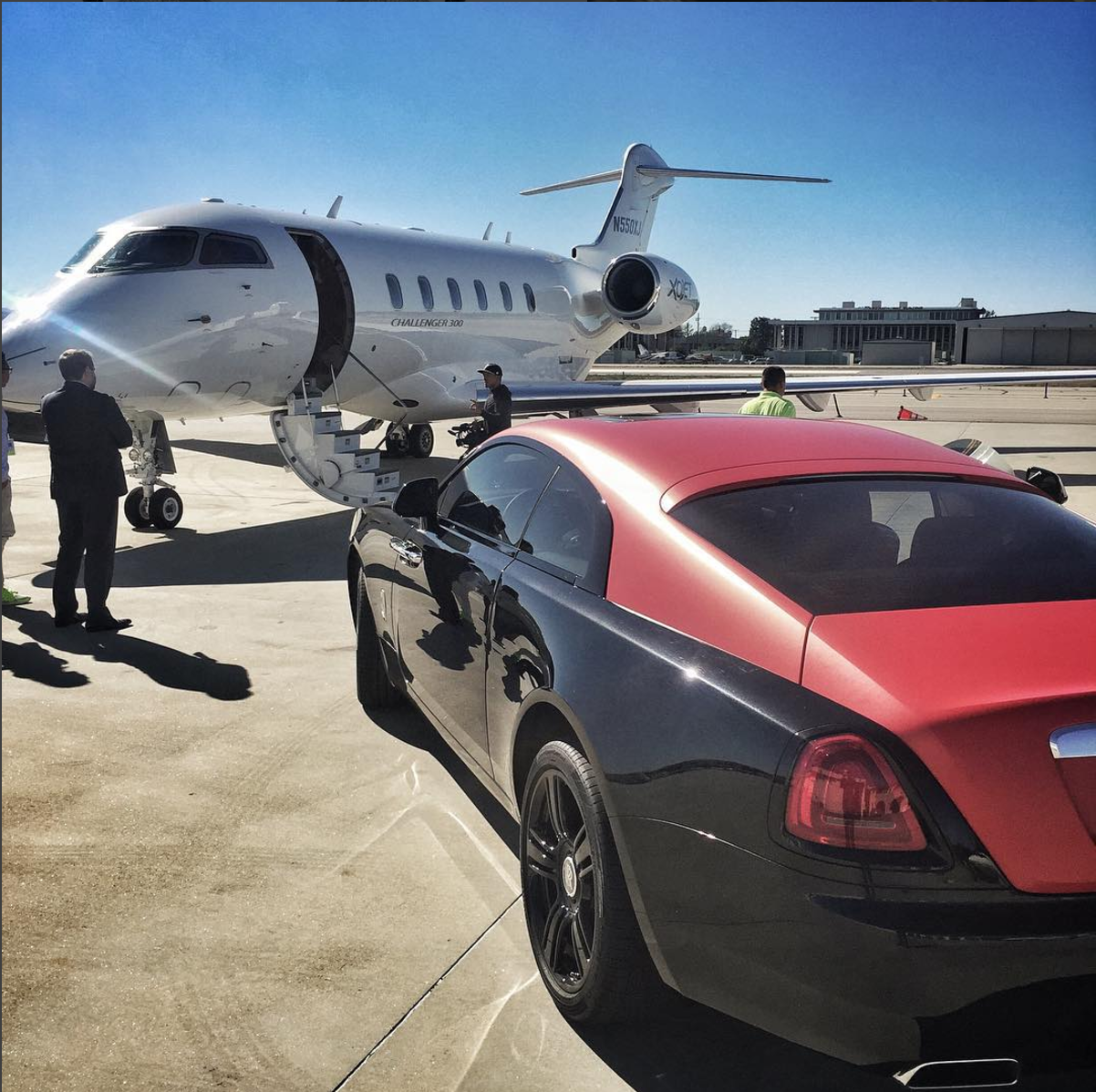
I wouldn’t have changed one thing. I was very fortunate and blessed to make the right decisions at the right times. Of course, there are little things along the way we could have changed like extending too much credit to certain clients and stuff like that, but every business has that. At the end of the day, I really feel like we entered the retail market at the right time and for the right reason, and that’s what’s enabled us to be successful.
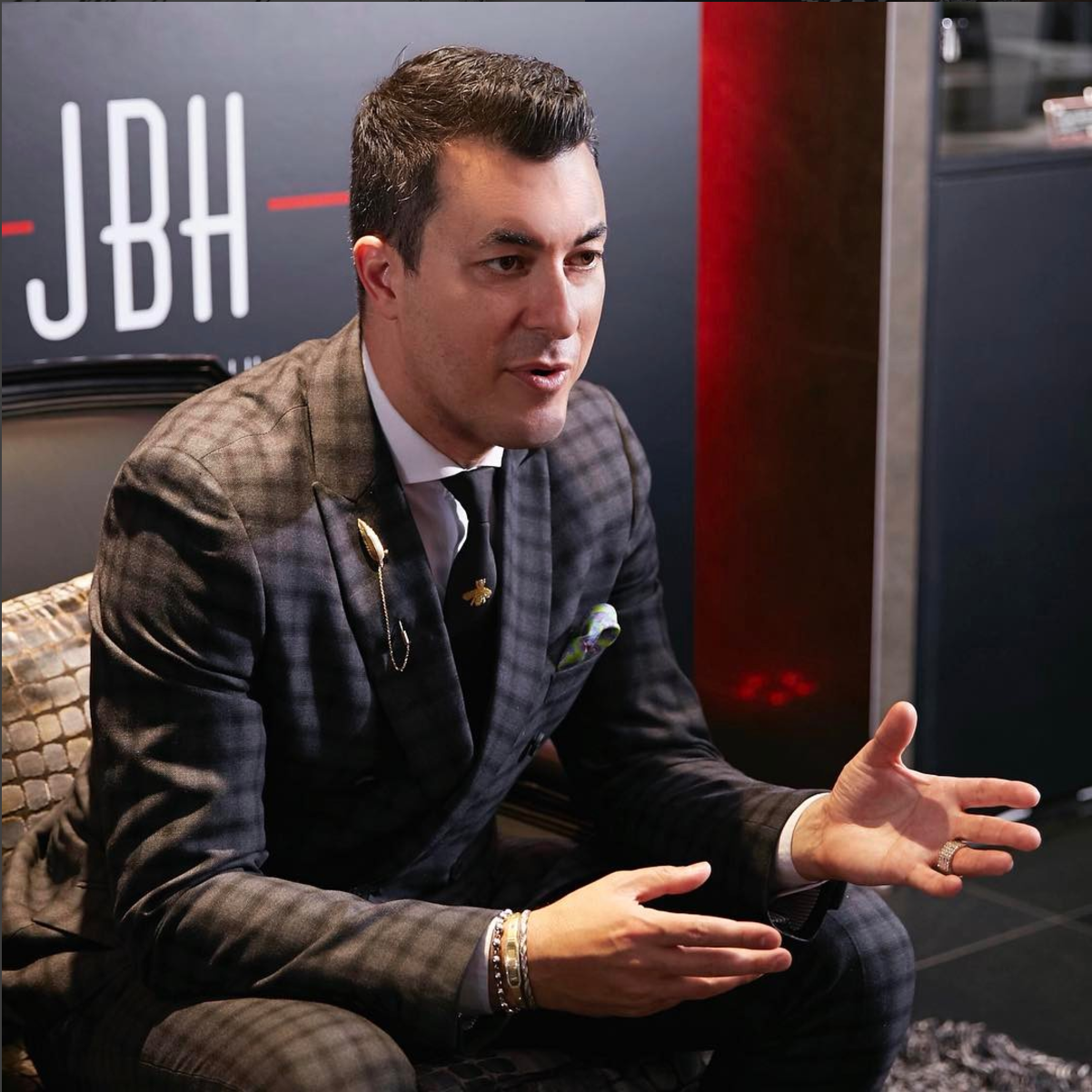
Well, the most challenging part was with every decision, there are repercussions and we had to make some very, very important decisions along the way and picking a retail location is one of those decisions. You really don’t know what’s going to happen. For example, in Las Vegas, we decided to open up in the Cosmopolitan Hotel, which was then an unproven hotel, opened up by Deutsche Bank which has never had any experience in the casino hotel business and we really were relying on the hotel being a hit. Thank God for us, it was a huge success. All entrepreneurs know that you need to take risks and most successful entrepreneurs are not risk averse. They don’t mind taking chances and I think we’re definitely the same.
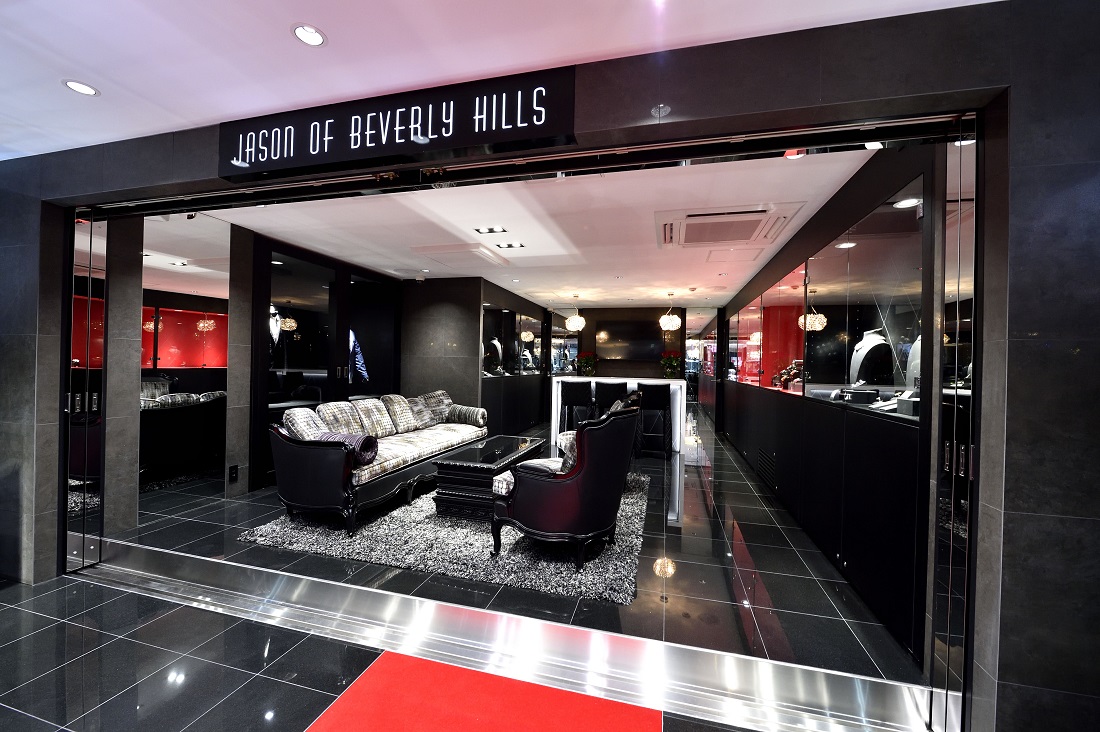
I definitely think it was more life experience. Of course, I cherish the knowledge that I received when I went to school, but at the end of the day, I feel like I utilized a lot more real-life experience and gained more knowledge from that than I did from anything I learned in school.
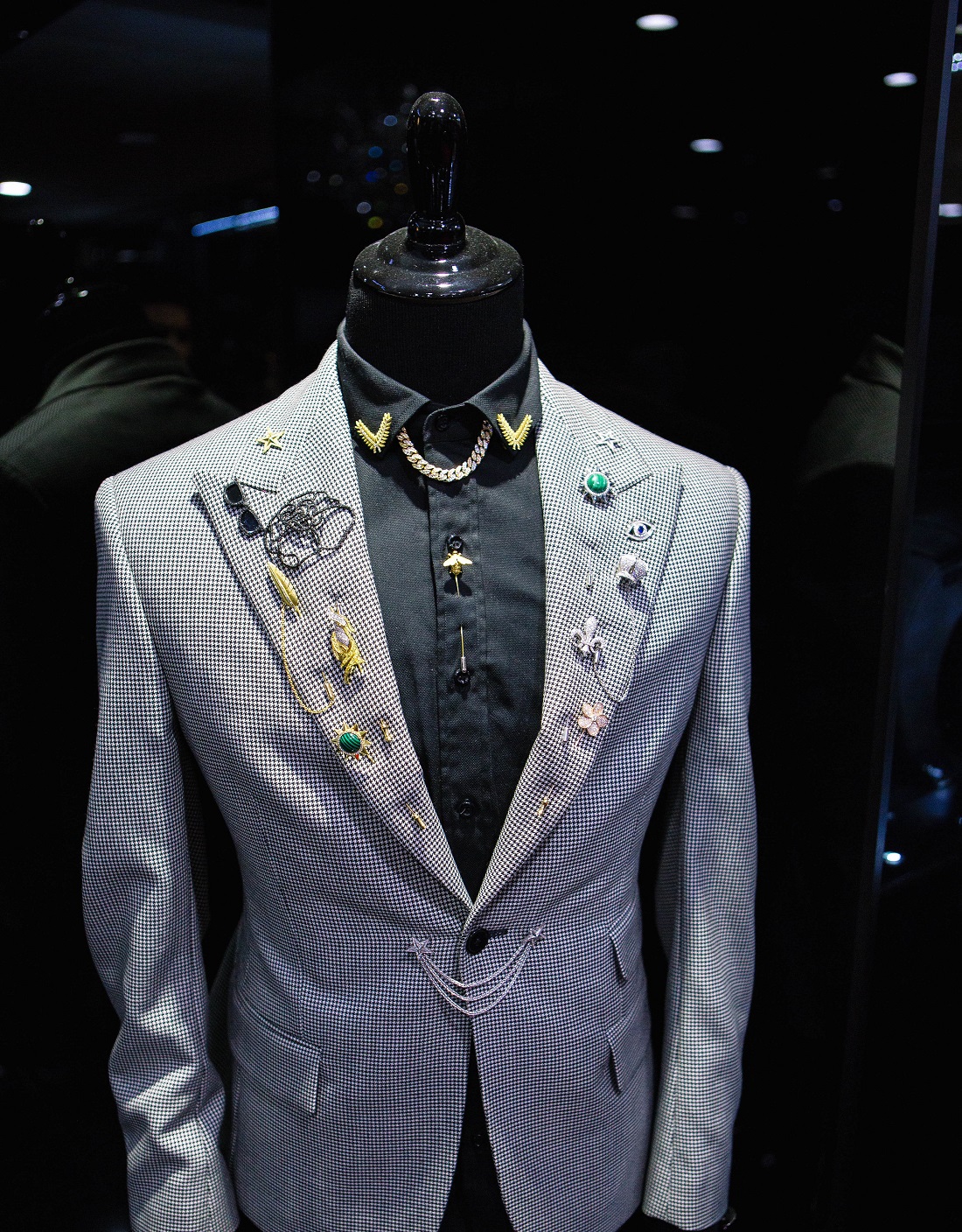
We’re looking at continuing our retail footprint and opening up in key markets and really expanding the brand to different markets worldwide and today is very different than it was 15 years ago. The world is much smaller, communication is much easier through social media and the internet and all that, so what makes waves here in LA is also heard across the globe as well so I think it has made it easier for us when we do open in Hong Kong, Dubai, or locations like that where people already know our brand.
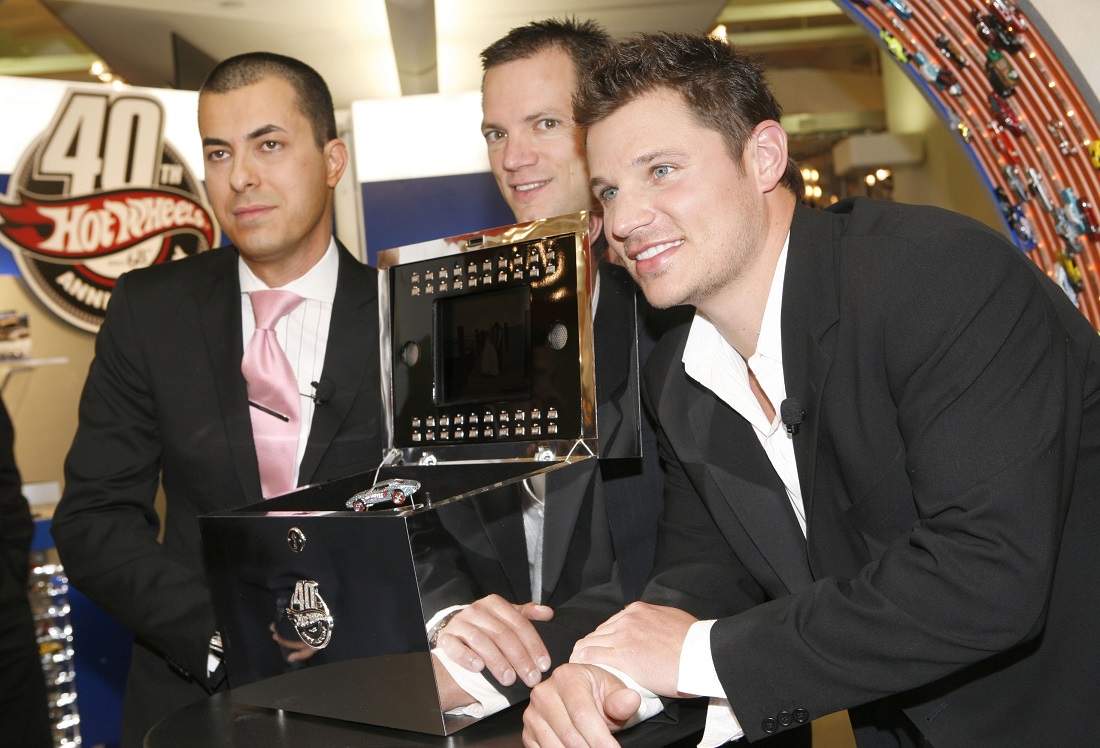
You can’t be afraid to make mistakes and we’ve made tons of mistakes along the way, but we’d like to think that we made more better choices than bad. As far as evolving, it’s just not really being afraid and continuing to think beyond the box and think big and I think that’s what really has carried us to where we are today. You really have to look at the bright side on every single situation. There always is a bright side no matter how bad the mistake is and there have been countless entrepreneurs that have gone bankrupt numerous times over and still became successful, and it’s that fighting back that really marks the value of a true entrepreneur, that ability to comeback and come back stronger despite the fact that you’ve made a huge mistake.
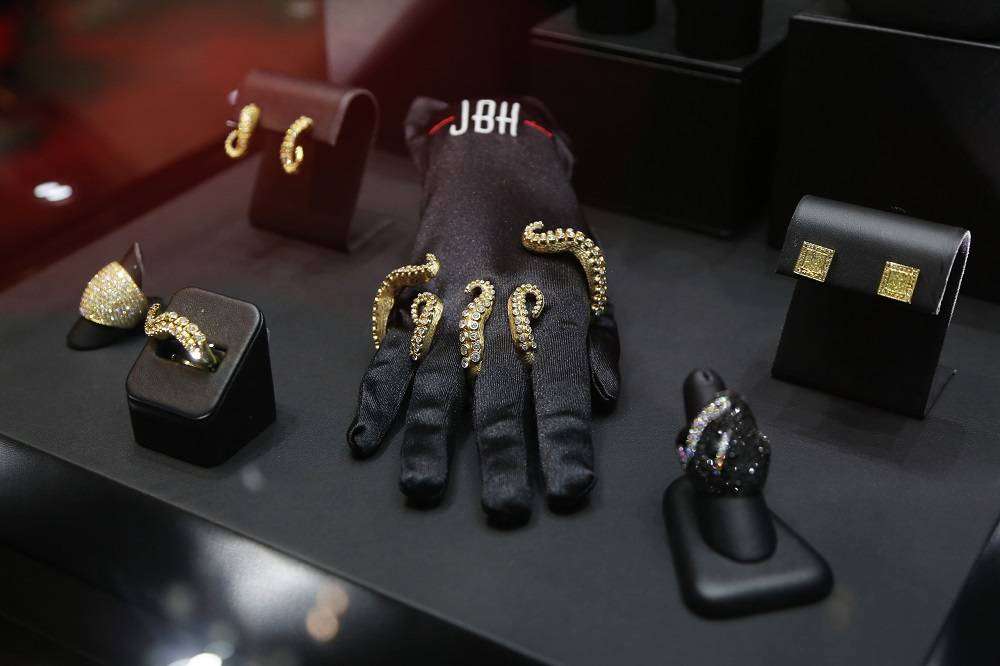
Well, at the end of the day, it doesn’t matter who you are, there’s always somebody that’s doing it better and something that’s bigger. It doesn’t matter who you are. We wake up every morning and we look at some of the big brands in this world, the ones that have been around for generations upon generations and really looking to build and challenge ourselves to do something bigger and better, and that’s really what drives me every morning when I wake up is that I know I drive from my house down to our office and I drive down Rodeo Drive not because it’s the easiest route but it’s the best route for me. I like to see what other people are doing. I like to be motivated. It really plays into that. It’s important to be self-motivated and every morning, I challenge myself to think differently and come up with new ideas.
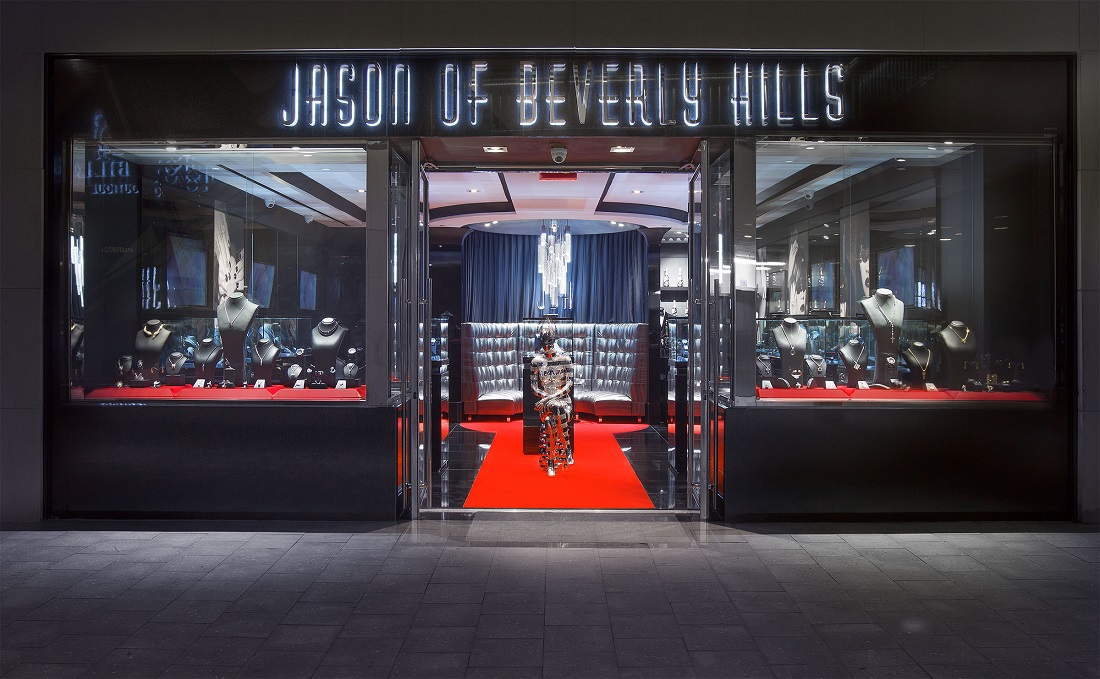
I love to be with my family of course, my wife and two kids, but really what drives me is getting up every day and doing what I love, which is helping run this business. As boring as it sounds, I can’t tell you that I love paragliding, hiking, or have some other hobbies because I truly don’t. I love waking up each and every morning and doing what I do. I definitely don’t look at this as work. I enjoy every single day because there’s no two days that are exactly the same. Obviously when I was younger, I had the ability to work more but as you get older and you have family responsibilities, you do have to find that balance or else your kids won’t remember what your name is.
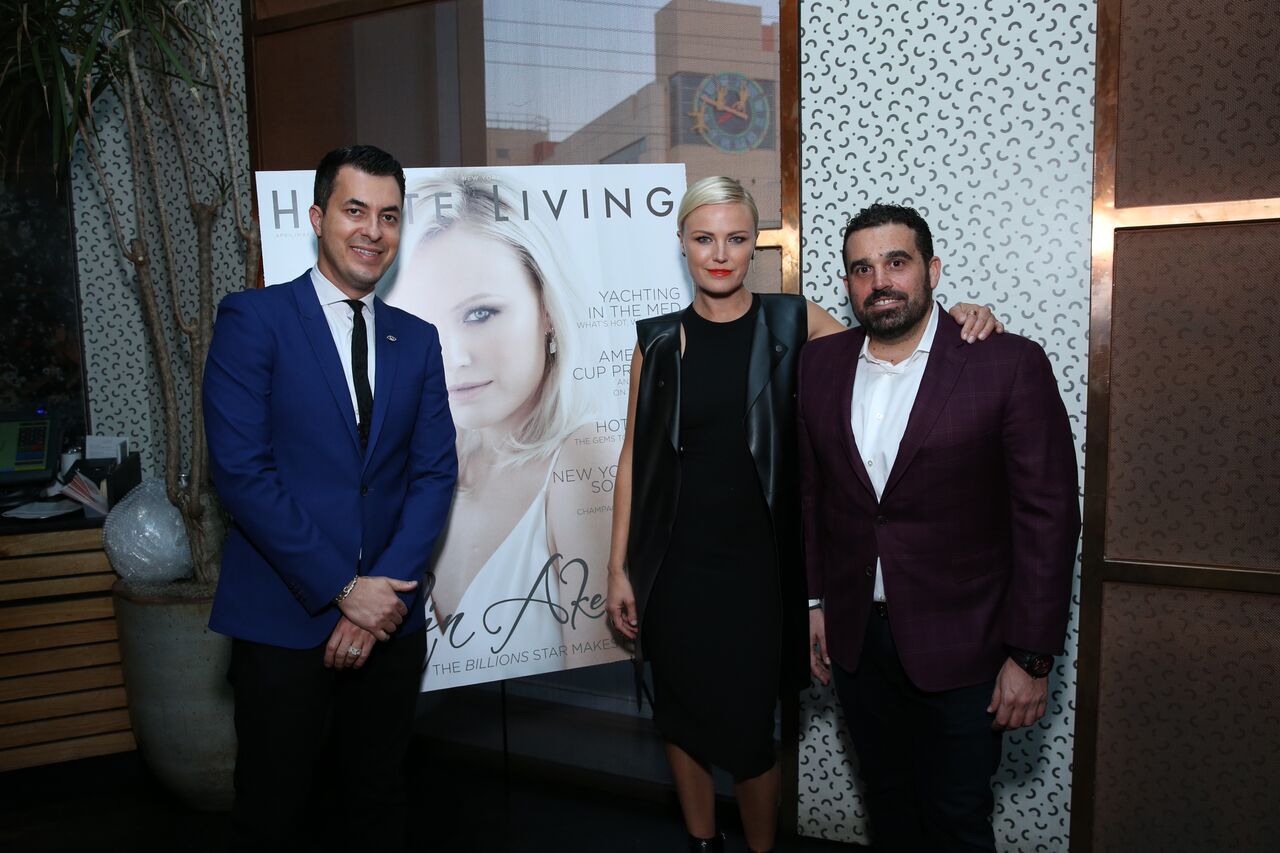
The biggest piece of advice I would have to say is to not be afraid of failure and have self-belief. Too often do I see entrepreneurs start a business, whether it’s a t-shirt business, a service business of any kind, and they are not successful right away and kind of gave up. It’s that ability to fight back and that ability to think big and understand that there’s something big at the end of the rainbow and just despite all the challenges, despite all the setbacks is to keep fighting through it and I think that’s what really marks a great entrepreneur, someone that is not afraid to make mistakes and really willing to push through. It’s easy to get discouraged by failure. It’s easy to think that maybe you’re just not good enough, but at the end of the day, you are. That’s the biggest thing is just to have that self-belief.
